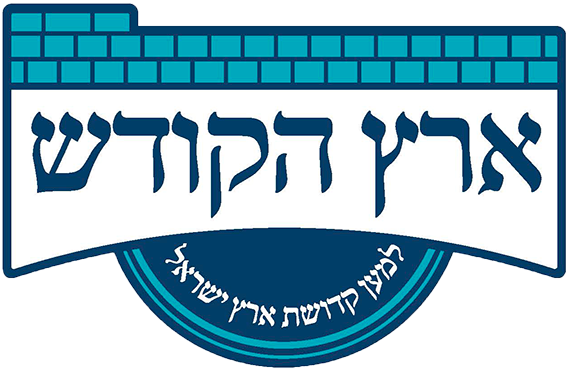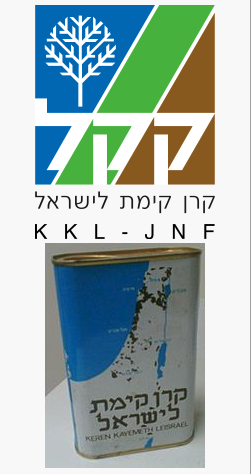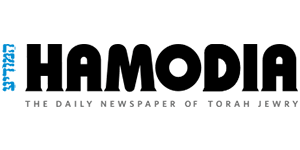Back in February, the KKL-JNF Board of Directors voted to approve – in principle – KKL-JNF land purchases in the West Bank, for the first time in the organization’s history.
Keren Kayemeth LeIsrael – Jewish National Fund Executive Committee has narrowly approved a previous decision to purchase land in the West Bank, paving the way for final approval of the new policy later this month.
KKL-JNF is a separate entity from JNF-USA.
Back in February, the KKL-JNF Board of Directors voted to approve – in principle – KKL-JNF land purchases in the West Bank, for the first time in the organization’s history.
The decision caused consternation among liberal and left-wing groups in Israel and the Jewish world, who argued that KKL-JNF funds should be used for goals and projects which have consensus-backing from the Jewish people both in Israel and around the world, bearing in mind that the organization is funded by donations from the Diaspora as well as by the Israeli government.
Right-wing and religious officials in KKL-JNF however, have lauded the proposals, said they will strengthen the settlement movement, and insisted that the decision is a democratic one based on the narrow majority enjoyed by the right-wing in the national institutions.
On Sunday, KKL-JNF’s executive committee approved the specific land purchases detailed in a proposal to buy property close to and abutting existing settlements in Judea and Samaria, in order to allow them to expand.
The vote on the proposal was tied six votes to six, but due to a clause within the recent World Zionist Organization’s coalition agreement as to what happens in the event of a tied vote, the vote of one of the committee members from the left-wing, liberal block was discounted, allowing the motion to be passed.
Discussion of the proposal on Sunday lasted about an hour.
A final decision on the land purchases will now be made by the KKL-JNF board of directors on April 22.
Prof. Alon Tal, one of KKL-JNF’s vice chairmen and a member of the board of directors, lamented the decision, saying it was regrettable that that the KKL chair insisted on channeling funds to an area lacking consensus support among the organization’s board or the Jewish world it represents.
Tal also said that the amount of money being allocated, between NIS 30 – 40 million, was insufficient to affect substantial change in the West Bank settlement reality. He therefore questioned the wisdom of embracing such a contentious policy, which would make KKL/JNF vulnerable internationally (at a time when Israel was being scrutinized by the international court in the Hague) for little practical benefit.
Tal added he understood that KKL-JNF chair Duvdevani felt a need to placate his political base but had hoped that he would have chosen unity within the Zionist world instead. Such land purchases will not only make life harder for KKL-JNF representatives to raise funds abroad in manny countries.
It also plays into the hands of Israel’s BDS adversaries, and their allegations that the Zionist movement and KKL in particular are being hijacked by far-right elements of Israel’s political map.
MK Rabbi Gilad Kariv of the Labor party, who was until recently a senior official in the World Zionist Congress, accused the KKL-JNF leadership of carrying out “a dangerous operation” which would have security and diplomatic ramifications.
“The fact that this step was taken immediately after the elections and before a government has been established only strengthens the feeling that the present leadership of KKL seeks to turn the organization into another long arm of the settlement enterprise,” said Kariv.
“We are proud to have cast the deciding vote,” said Rabbi Pesach Lerner
Founder and chairman of the Eretz Hakodesh WZO faction.
“The area of Yehuda and Shomron has been part of the land of Israel since the time of Joshua and is an integral part of our history and our future.”






